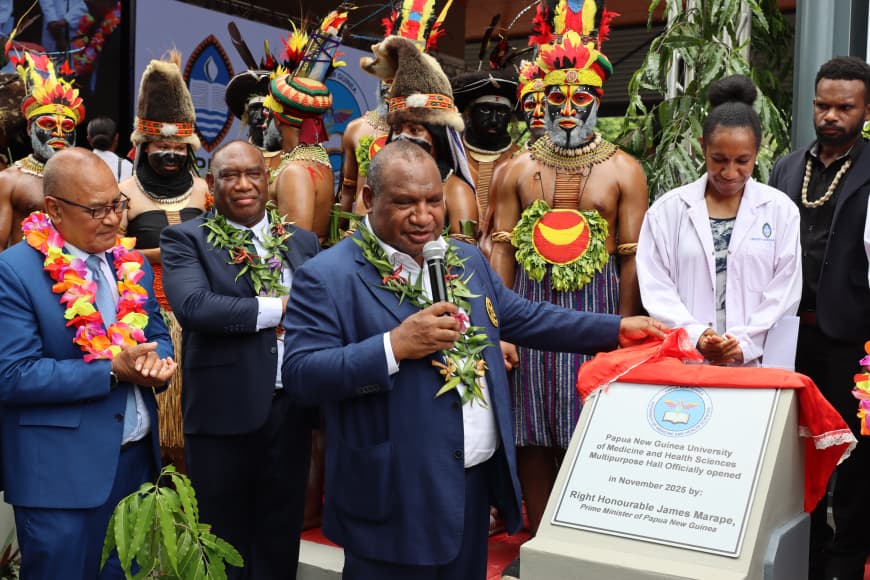ACT NOW! and Jubilee Australia Research Centre are calling on a UN Committee to address human rights abuses in Papua New Guinea (PNG) linked to illegal logging.
The organizations have submitted a formal appeal to the UN Committee on the Elimination of Racial Discrimination, requesting that it consider taking action during its upcoming meeting in August.
The Bismarck Ramu Group has also shown support for this initiative.
Eddie Tanago, ACT NOW! Campaign Manager has communicated to the UN regarding the damage done to customary land.
"We have emphasized to the UN that there is widespread, ongoing, and irreversible harm to customary resource owners whose forests are being taken by logging companies."
"These violations are systematic, institutionalized, and endorsed by the PNG government through two specific mechanisms: Special Agriculture and Business Leases (SABLs) and Forest Clearing Authorities (FCAs) – a form of logging license."
“For over a decade since the Commission of Inquiry into SABLs, successive PNG governments have rubber stamped the large-scale theft of customary resource owners’ forests by upholding the morally bankrupt SABL scheme and expanding the use of FCAs.”
“They have failed to revoke SABLs that were acquired fraudulently, with disregard to the law or without landowner consent.”
"In the meantime, logging companies have amassed hundreds of millions, if not billions, in ill-gotten profits by effectively appropriating forests from customary resource owners through the use of FCAs.”
The complaint also highlights that the abuses are hard to challenge because PNG lack even a basic registry of SABLs or FCAs, and customary resource owners are denied access to information such as:
- The existence of an SABL or FCA over their forest.
- A map of the boundaries of any lease or logging license.
- Information about proposed agricultural projects used to justify the SABL or FCA.
- The monetary value of logs taken from forests.
- The beneficial ownership of logging companies – to identify who ultimately profits from illegal logging.
The primary motivation for foreign companies to participate in illegal logging in Papua New Guinea (PNG) is profit – it remains lucrative because importing nations and businesses are willing to accept timber that has been logged unlawfully into their markets and supply chains.
“If they refused to take any more timber from SABL and FCA areas and demanded a public audit of the logging permits – the money would dry up.”
“We hope that this UN attention will urge the international community to see this isn’t an issue of less-than-perfect forest law enforcement.”
“This is a system, honed over decades, that is perpetrating irreparable harm on indigenous peoples across PNG through the wholesale violation of their rights and destroying their forests.”







